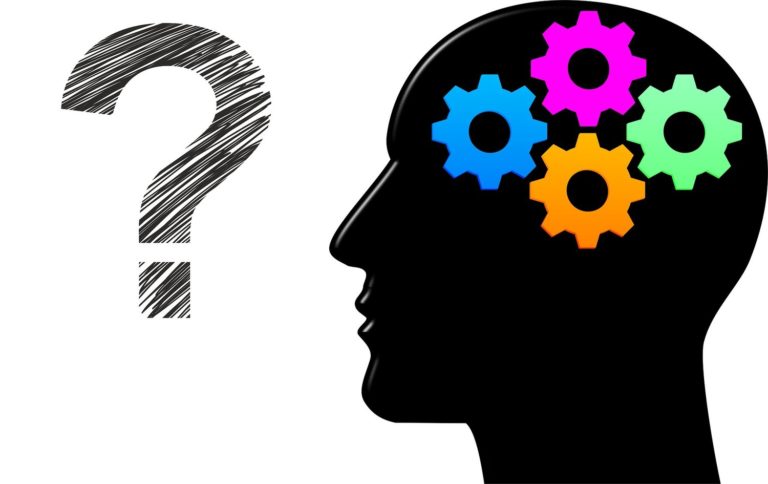There are many types of neuromodulation, also called brain stimulation. Among them is Deep Brain Stimulation (DBS), Spinal Cord Stimulation (SCS), Transcranial Magnetic Stimulation (TMS), Cranial Electrotherapy Stimulation (CES), transcranial Alternating Current Stimulation (tACS), and of course transcranial Direct Current Stimulation (tDCS). While tDCS is certainly a new contender among these techniques—with one of the first modern forms of tDCS used during the year 2000 (though earlier example of the use of low intensity direct current does exist), today tDCS is known as the “goliath of neuromodulation”. Here are the three reasons why:
1. Neuromodulation is all about research. It’s a field with many applications spanning clinical uses (depression, chronic pain, fibromyalgia, ADHD, PTSD, stroke recovery, and others) and performance augmentation uses (for creativity, sports, focus, and others). Moreover, in regards to neuromodulation being mostly research oriented, tDCS dominates neuromodulation as the technology with the highest—as well as broadest—number of human trials. And while there has been much debate about which trials for tDCS show the most promise, that’s par for the course when there is so much research coming out. See this twitter exchange:

2. tDCS is the “everyday person’s” choice of neuromodulation. tDCS is accessible, affordable, and when done right safe. Academics can have all the debates they want about who should or should not have access, but the ship has sailed with many companies providing tDCS direct to consumers. And many other companies providing tDCS for medical use. Interestingly, the US stands out as one of the few places in world where tDCS is still off-label but can still be provided by a doctor. Technology helps society most when it’s in the hand of people, not siloed in the ivory tower of academia. Which leads to so many interesting applications and discussions like this:
3. tDCS works. There are dozens, if not hundreds, of published controlled clinical trials proving the efficacy of tDCS. Sure academics always bring up the fact that “more research is needed”; sure there will always be some bad apple trials; and sure tDCS will not work for every indication and is certainly not for everyone. But we do have are the clinical trials and the patient reports. Do we really have the right to say to someone suffering from a medical condition today that they should wait 20 more years for the academic world to be sure tDCS works (PMCID: PMC5570710)? Does it really make sense to tell patients they would only have access to on-label treatment if they lived in Singapore while tDCS continues to be off-label in Atlanta? See this twitter thread expanding on how we know how tDCS works.




